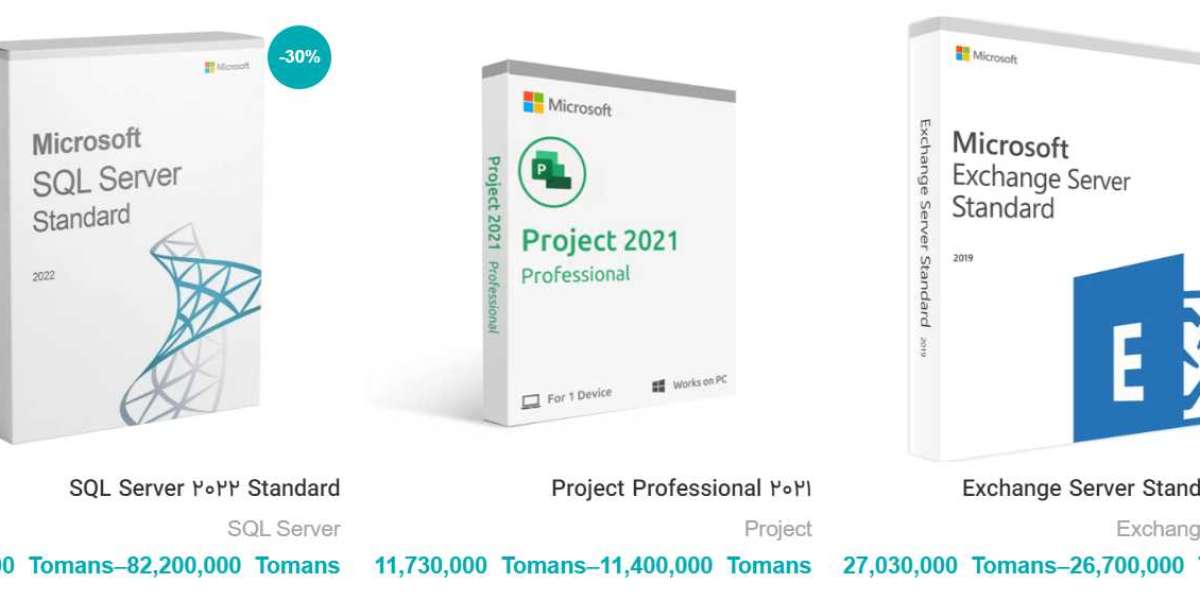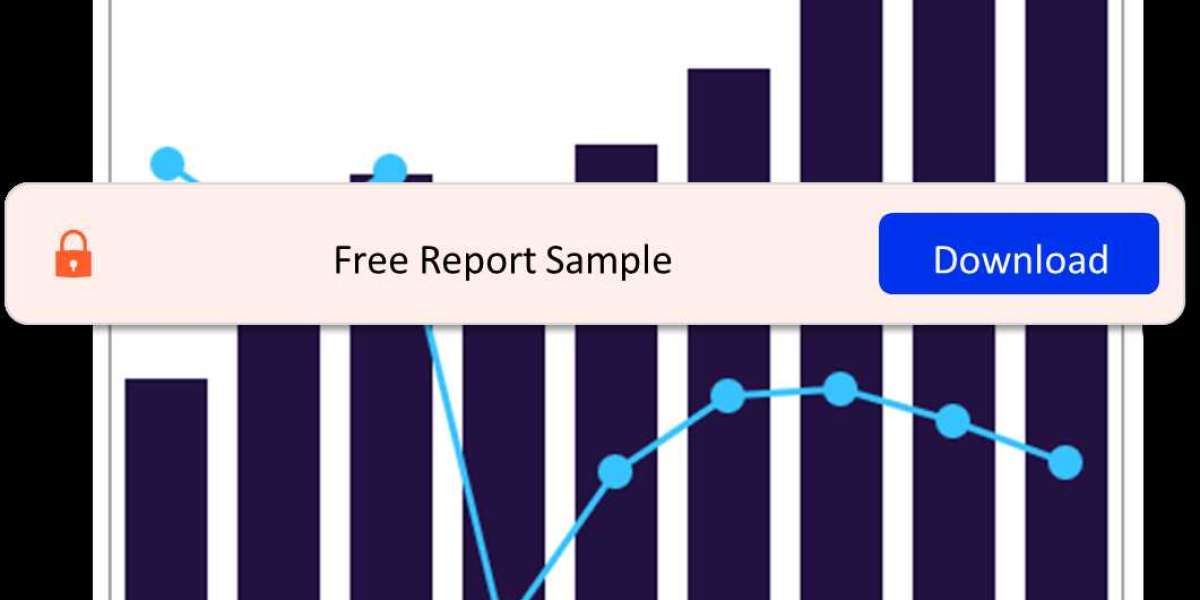Invoice factoring, also known as accounts receivable financing, is a popular financing option for businesses looking to improve cash flow by selling their outstanding invoices to a third-party factoring company. This guide aims to provide a comprehensive overview of how to effectively work with an invoice factoring company to optimize financial operations and support business growth.
Understanding Invoice Factoring
Before delving into the process of working with an invoice factoring company, it's essential to understand the concept of invoice factoring itself. Invoice factoring involves selling your accounts receivable (unpaid invoices) to a factoring company at a discount. In return, the factoring company advances you a percentage of the invoice value upfront, typically around 70% to 90%, with the remainder held in reserve. Once your customer pays the invoice, the factoring company releases the remaining balance, minus their fees.
Steps to Work with an Invoice Factoring Company
1. Research and Selection
The first step in working with an invoice factoring company is to research and identify reputable firms that offer invoice factoring services. Consider factors such as experience, reputation, fees, contract terms, and customer service. It's advisable to obtain quotes and compare offerings from multiple factoring companies to ensure you find the best fit for your business needs.
2. Application and Due Diligence
Once you've selected a factoring company, you'll need to complete an application process. This typically involves providing information about your business, such as financial statements, accounts receivable aging reports, and details of your outstanding invoices. The factoring company will conduct due diligence to assess the creditworthiness of your customers and the quality of your invoices.
3. Agreement and Terms Negotiation
Upon approval, you'll enter into a factoring agreement with the factoring company. This agreement outlines the terms and conditions of the factoring arrangement, including the advance rate, discount rate, reserve amount, recourse or non-recourse terms, and any additional fees. It's essential to review the agreement carefully and negotiate terms that are favorable and aligned with your business objectives.
4. Invoice Submission and Funding
Once the agreement is finalized, you can begin submitting your outstanding invoices to the factoring company for funding. Typically, you'll provide copies of the invoices along with any supporting documentation. The factoring company will verify the invoices and advance you the agreed-upon percentage of the invoice value within a short timeframe, often within 24 to 48 hours.
5. Collection and Remittance
After funding, the factoring company assumes responsibility for collecting payment from your customers. They will send notification to your customers informing them of the payment instructions and remittance address. Once payment is received, the factoring company will deduct their fees and release the remaining balance to you, minus any applicable reserve amounts.
6. Ongoing Relationship Management
Maintaining open communication and a positive relationship with your factoring company is crucial for a successful partnership. Stay in regular contact to address any concerns, provide updates on your business activities, and ensure smooth processing of invoices and payments. Be proactive in resolving any issues or discrepancies that may arise to avoid disruptions to your cash flow.
Benefits of Working with an Invoice Factoring Company
1. Improved Cash Flow
Invoice factoring provides immediate access to cash, allowing businesses to meet their financial obligations, invest in growth opportunities, and cover operating expenses without waiting for customer payments.
2. Flexible Financing Solution
Invoice factoring offers flexibility compared to traditional financing options. It's not based on your credit history or collateral but rather the creditworthiness of your customers, making it accessible to businesses with limited credit or assets.
3. Outsourced Accounts Receivable Management
By outsourcing accounts receivable management to the factoring company, businesses can save time and resources on invoice processing, collections, and credit risk assessment, allowing them to focus on core operations and strategic initiatives.
Conclusion
Working with an invoice factoring company can be a valuable financial strategy for businesses seeking to optimize cash flow and accelerate growth. By understanding the process of invoice factoring and following best practices for selecting, negotiating, and managing relationships with factoring companies, businesses can leverage this flexible financing solution to their advantage.








